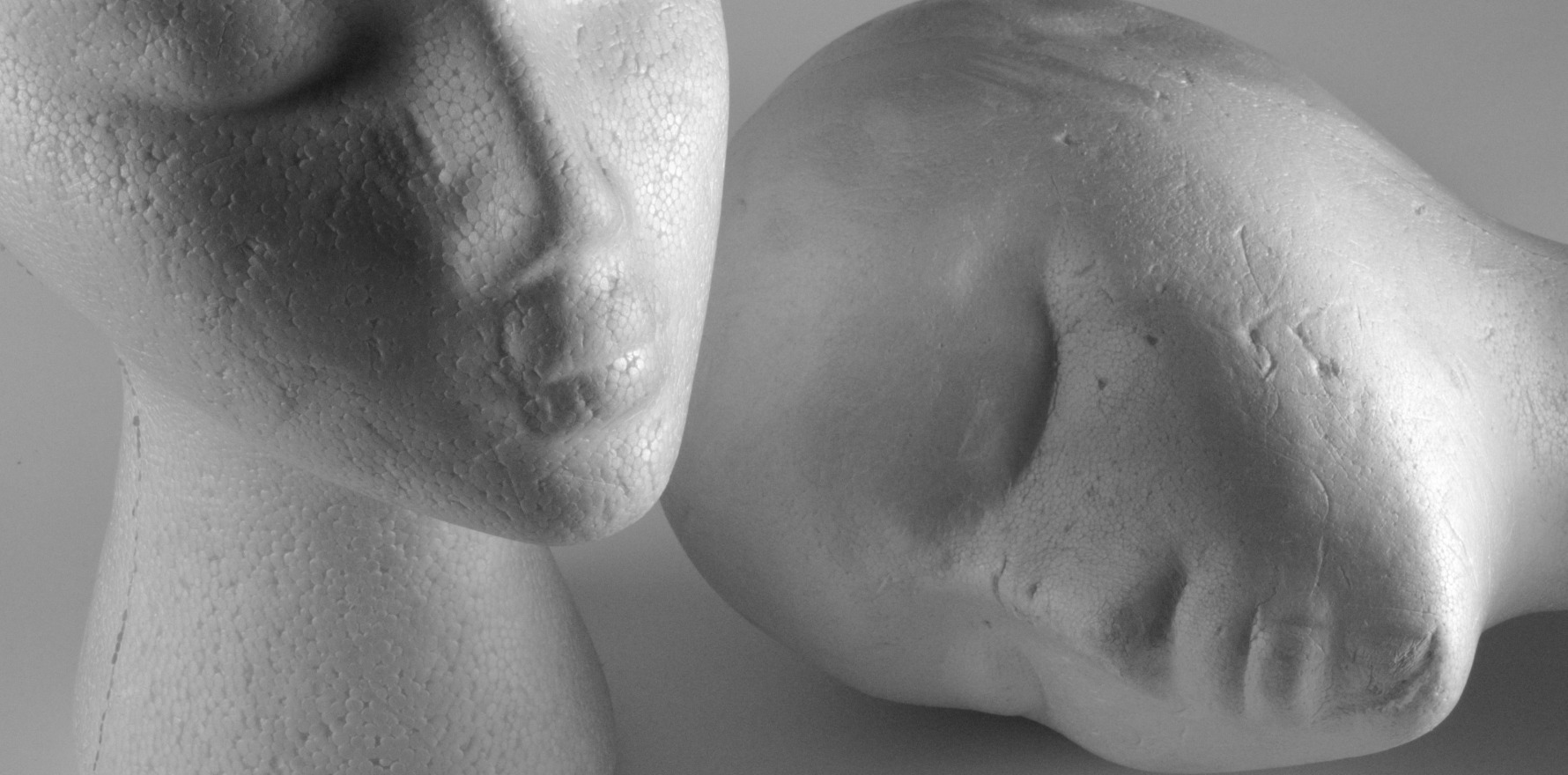Victoria’s voluntary assisted dying system is conservative even without this commonwealth obstacle.
Victoria’s voluntary assisted dying laws are regarded as the “safest” set of guidelines in the world, but fears are emerging that some people who qualify for the scheme will never have the chance to access it.
The laws, implemented in 2019, were the first in the country to allow terminally ill patients to apply for the right to receive a lethal dose of medication.
One of the most conservative models in the world, the Victorian system has 68 safeguards in place to ensure only eligible patients access the scheme.
Some of these measures – most notably the requirement to conduct every interaction face-to-face – have come under scrutiny in one of the first studies to come out since the implementation of the laws.
The research, published in the MJA, is based on interviews with 32 Victorian doctors involved with voluntary assisted dying, the same data which formed the basis for a previous paper on the topic.
The authors believe that, without action, the systemic flaws seen in Victoria’s model will be replicated in Tasmania and South Australia, which are implementing similar legislation.
According to Professor Lindy Willmott from the Queensland University of Technology Australian Centre for Health Law Research, lead author on the MJA article, the face-to-face requirement extends all to patient-doctor, doctor-pharmacist and pharmacist-patient interactions.
Although the guidance on this matter comes directly from the Victorian Department of Health and Human Services, Professor Willmott said it was the unintentional result of a federal law.
“There’s an unfortunate intersection between some of the Commonwealth criminal code and the Voluntary Assisted Dying Act,” she told The Medical Republic.
“The Commonwealth law prohibits discussions being undertaken in relation to suicide, if that is conducted by a carriage service.”
This prohibition was introduced in 2005, specifically to stop pro-euthanasia groups like Philip Nitschke’s Exit International from using the internet to give instructions on suicide.
“If, for example, a doctor has a conversation with a patient about voluntary assisted dying through telehealth, then – although it’s perfectly lawful under the Victorian legislation – that might breach the Commonwealth code,” Professor Willmott said.
Covid-19 aside, Professor Willmott said this created increased concern for terminally ill patients living in rural and remote areas, unable to travel for medical appointments.
“The Commonwealth has been asked to change its law, to just make a simple amendment to that provision, saying it does not apply in relation to lawful activity undertaken under voluntary assisted dying in most of the states,” she said.
“The Commonwealth has chosen not to do that; it has chosen time and again not to do that.”
A spokesperson for Attorney-General Michaelia Cash recently told The Australian that it would be up to the states to make laws consistent with the Commonwealth, making it unlikely that the face-to-face requirements will change any time soon.
To a lesser extent, it was also found that the complexity of the process and the documentation required was such that patients would sometimes abandon the process or die before obtaining the fatal medication.
“Some strategies to improve the process for doctors could be simple, such as providing information about how the portal operates and the nature of the required documentation,” the authors wrote.
“Doctors reported that system useability increased with practice, but early support would have been useful.”
The research also identified concern around the prohibition on doctors against initiating conversations about voluntary dying with patients.
“This concern is consistent with good medical practice and published evidence for the importance of honest and open communication, including providing patients with a range of treatment options and information on their risks and benefits,” the authors wrote in the MJA.
Opinions on this measure were split, however, with some doctors strongly believing that it was an important protection against allegations of coercion.





